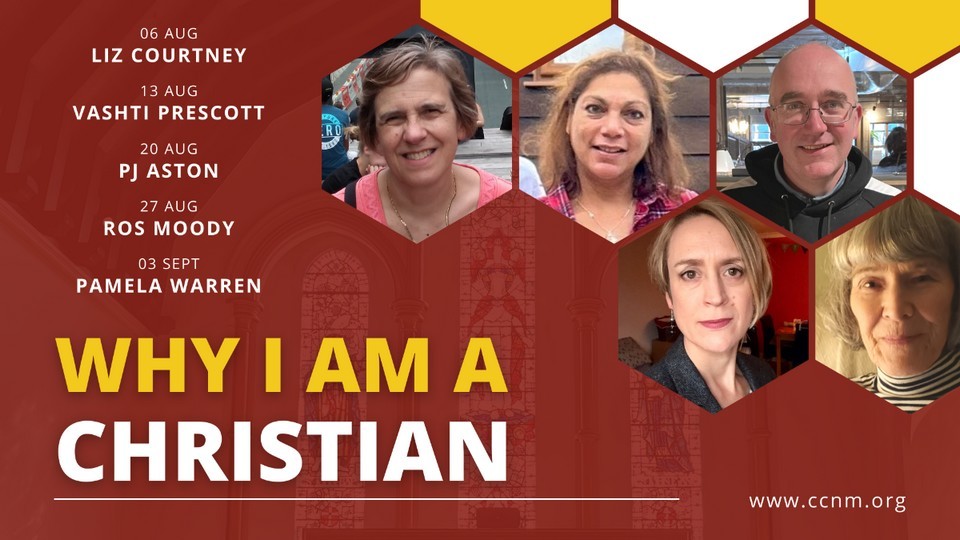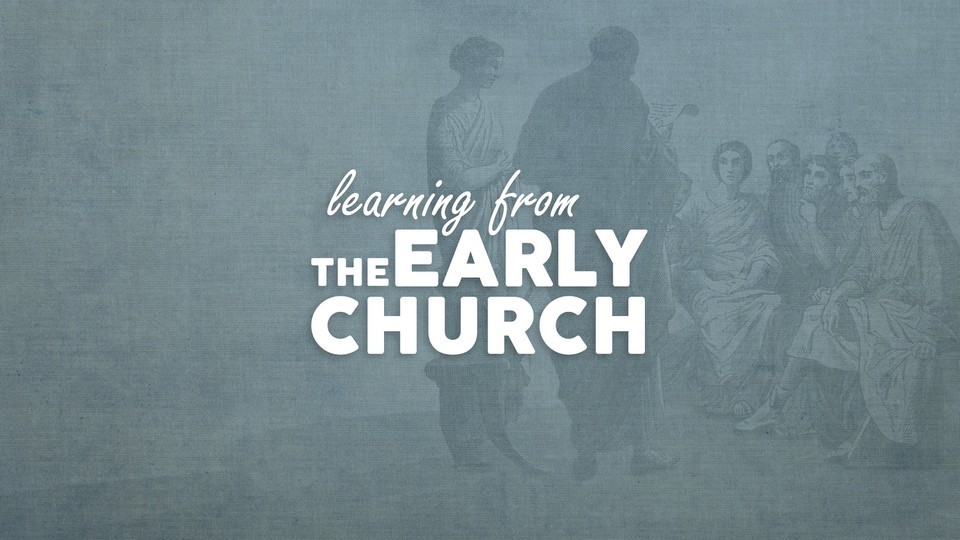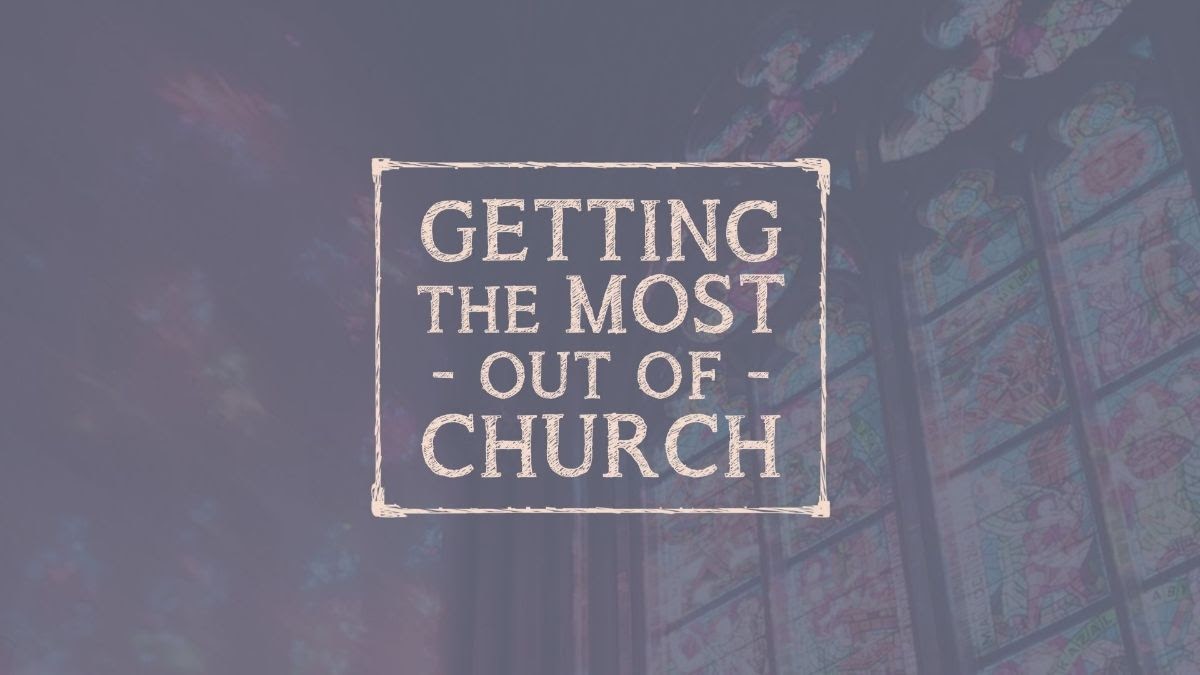

The Psalms are a remarkable collection of very different ancient songs expressing to God the full range of emotions and experiences that accompany seeking to live for him in the world. Within them we see joy and despair, gratitude towards God and deep perplexity over some of the things that he has allowed to happen. All of us have time when we do not know what to pray and the Psalms are there to help us express our response to God in every situation that we find ourselves in.











